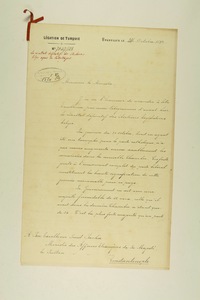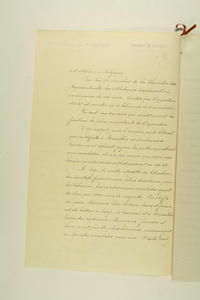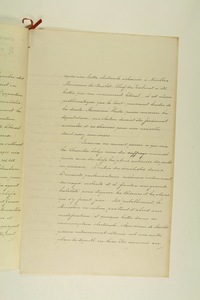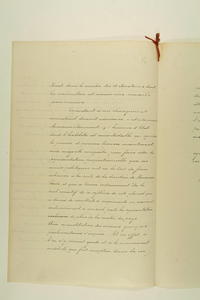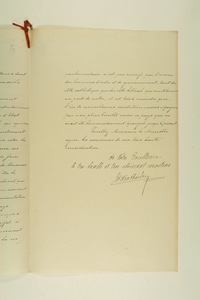Ottoman Diplomats
Letters from the Imperial Legation in Brussels (1849–1914)
Synopsis
Les résultats définitifs des élections belges après les ballottages.
Etienne Carathéodory Effendi reports about the definitive results of the Belgian legislative elections in October 1894, the first ones under universal suffrage, introducing a relatively large number of socialists in parliament, and seriously reducing the liberal seats. The Catholics now had a majority of 56 seats. Carathéodory did not fail to note that this was an unprecedented large majority of a Belgian party. On a total of 154 seats in the House of representatives, the Catholics had 104 seats, the socialists had 33 and the liberals had 15 seats. The socialists thus became the most important fraction of the opposition. Carathéodory summarizes the disastrous results for the liberals in Brussels, Tournai and Liège, that led to the defeat of the liberal leaders Frère-Orban, Bara and Graux. The radical liberals Janson and Féron were glad, although they had to join forces with the socialists. In Nivelles, Prime Minister De Burlet was defeated by his liberal rival. Carathéodory expects the socialists to bring violent storms into the parliament. Yet, he does not expect the government to undergo big changes. If a change was needed, he was certain that Beernaert would become Prime Minister again. Beernaert would be capable to form a compact majority and push through the proportional representation, which was the only possible correction to universal suffrage with plural votes. According to Carathéodory, the old parties had to recompose; the Catholics and the liberals had to form a centre party, to counterbalance the socialists. Otherwise, he fears for revolutionary convulsions.
Facsimiles
| Series | HR.SYS-222-34 |
|---|---|
| Place | Brussels |
| Date | 24-10-1894 |
| Author | Etienne Carathéodory Effendi |
| Recipient | Saïd Pacha |
Names
How to cite
If you use this website for your own research, we kindly ask you to mention the following reference in your publications:
Consulted online at Ottoman Diplomats: Letters From the Imperial Legation in Brussels (1849–1914) (2014 Edition), Centre for Political History (PoHis), University of Antwerp, <http://dighum.uantwerpen.be/ottomandiplomats/>.
